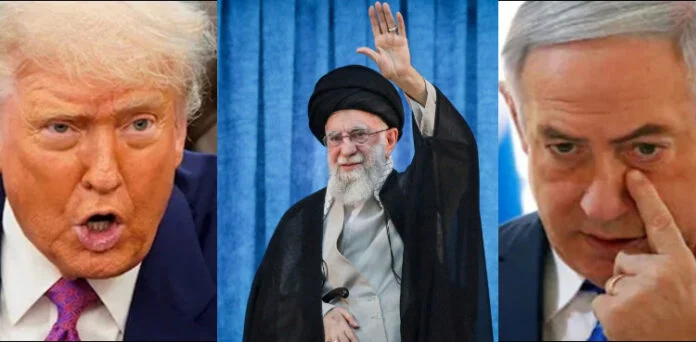
The United States is facing ongoing challenges related to immigration, prompting the Trump administration to implement stricter measures to deport undocumented individuals and address concerns over job-related abuses within the legal immigration system. Authorities have urged employers to avoid contributing to these issues by ensuring fair hiring practices and not discriminating against American workers in favor of foreign employees.
Andrea Lucas, Acting Chair of the U.S. Equal Employment Opportunity Commission (EEOC), emphasized the agency’s commitment to upholding employment laws, stating that businesses involved in practices that fuel the immigration crisis or unfairly disadvantage American workers must comply with regulations. The EEOC is focused on preventing national origin discrimination and ensuring fair employment opportunities for all.
A major point of discussion is the H-1B visa program, which allows U.S. companies to hire skilled foreign professionals for specialized roles requiring at least a bachelor’s degree. This temporary work visa is commonly used in fields such as technology, engineering, healthcare, and mathematics. The H-1B visa is initially granted for three years but can be extended up to six years.
Some critics argue that the program allows foreign workers to take jobs that could be filled by Americans. However, research from the American Immigration Council suggests that H-1B employees help bridge workforce gaps, particularly in STEM fields, and contribute to economic growth. Data indicates that H-1B workers typically earn competitive wages, with the median salary in 2021 reaching $108,000—significantly higher than the general median U.S. wage of $45,760. Between 2003 and 2021, H-1B salaries grew by 52%, outpacing the 39% increase seen among all U.S. workers.
To prevent misuse of the H-1B visa program, the United States Citizenship and Immigration Services (USCIS) has implemented safeguards, including stricter oversight of wage disparities and experience levels between H-1B and American workers within the same organizations. Additionally, a new selection process requires each applicant to register under a single passport or travel document to prevent multiple registrations and reduce fraud.
The EEOC is also working to eliminate unfair hiring practices that disadvantage American workers. Employers and staffing agencies that unlawfully prioritize foreign workers—whether undocumented individuals, visa holders, or other immigrants—over U.S. citizens violate federal employment laws. Under Title VII of the Civil Rights Act, national origin discrimination is prohibited, meaning employers cannot favor either American or non-American workers in hiring decisions. The agency continues to enforce these regulations to ensure fair employment opportunities for all individuals in the workforce.



















